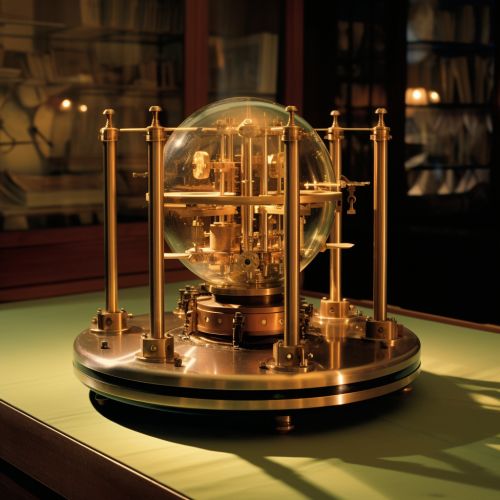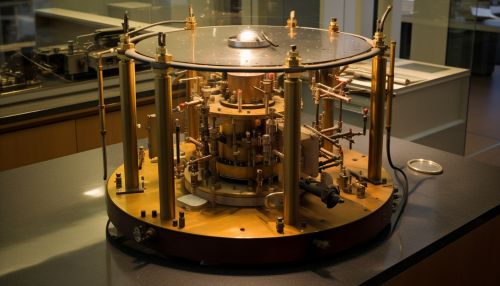Hafele-Keating Experiment
Introduction
The Hafele-Keating Experiment was a landmark test of the theory of special relativity and general relativity, conducted by physicists Joseph C. Hafele and Richard E. Keating in 1971. The experiment involved the use of atomic clocks flown on commercial jet aircraft to measure the effects of time dilation, a key prediction of Einstein's theories.


Background
The concept of time dilation, where time is observed to run slower in a moving frame of reference compared to a stationary one, is a fundamental aspect of special relativity. This effect becomes more pronounced as the velocity of the moving frame of reference approaches the speed of light. In general relativity, gravity also influences time, causing it to run slower in a stronger gravitational field. These effects, although counter-intuitive, have been confirmed by numerous experiments and are integral to our understanding of the physical universe.
The Experiment
Hafele and Keating conducted their experiment by flying four cesium-beam atomic clocks, the most accurate timekeeping devices available at the time, on commercial jet flights around the world. Two flights traveled eastward, in the same direction as the Earth's rotation, and two flights traveled westward, against the Earth's rotation. The clocks were synchronized with a reference clock at the U.S. Naval Observatory before and after the flights.
The eastward flights were expected to experience a time dilation effect due to their increased velocity relative to the reference clock, causing them to lag behind. Conversely, the westward flights, moving against the Earth's rotation, were expected to gain time relative to the reference clock.
Results and Interpretation
Upon returning, the clocks on the eastward flights were found to have lost about 59 nanoseconds relative to the reference clock, while the clocks on the westward flights had gained about 273 nanoseconds. These results were in excellent agreement with the predictions of special and general relativity.
The Hafele-Keating experiment was significant because it was the first to test time dilation effects using atomic clocks in a real-world, non-laboratory setting. It provided strong empirical support for Einstein's theories and further established the concept of time dilation as a fundamental aspect of our universe.
Legacy and Impact
The Hafele-Keating experiment has had a lasting impact on the field of physics and our understanding of the universe. Its results have been used to validate and refine models of the universe and have had practical applications in technologies such as GPS, which requires precise timekeeping and accounts for relativistic effects.
See Also
Time Dilation Special Relativity General Relativity Atomic Clock
